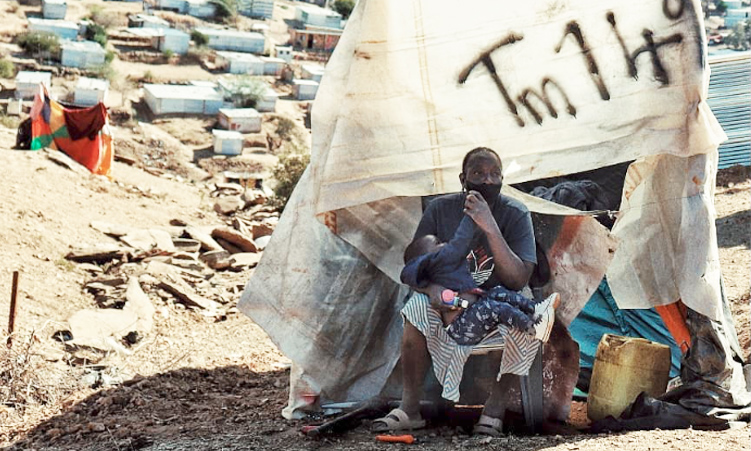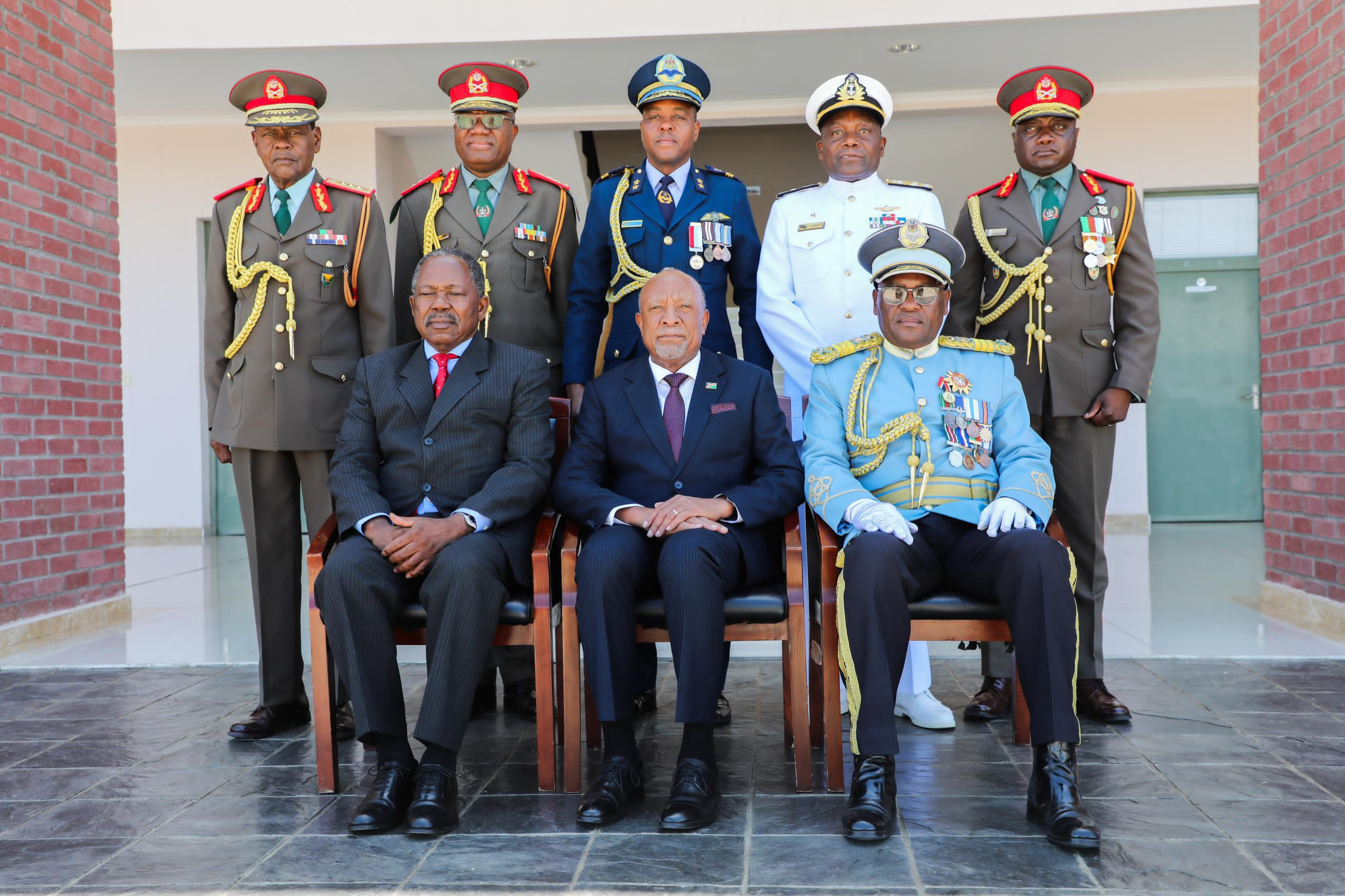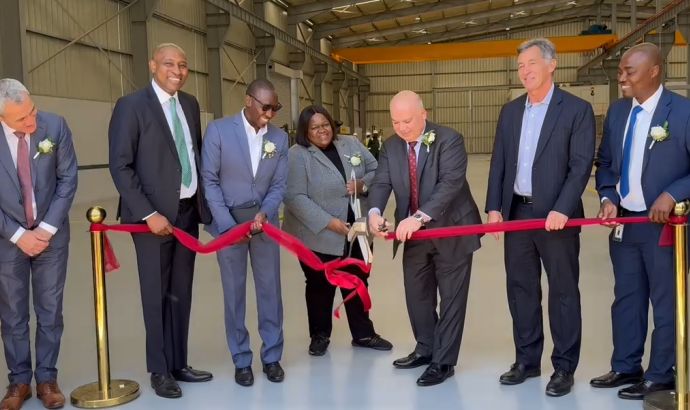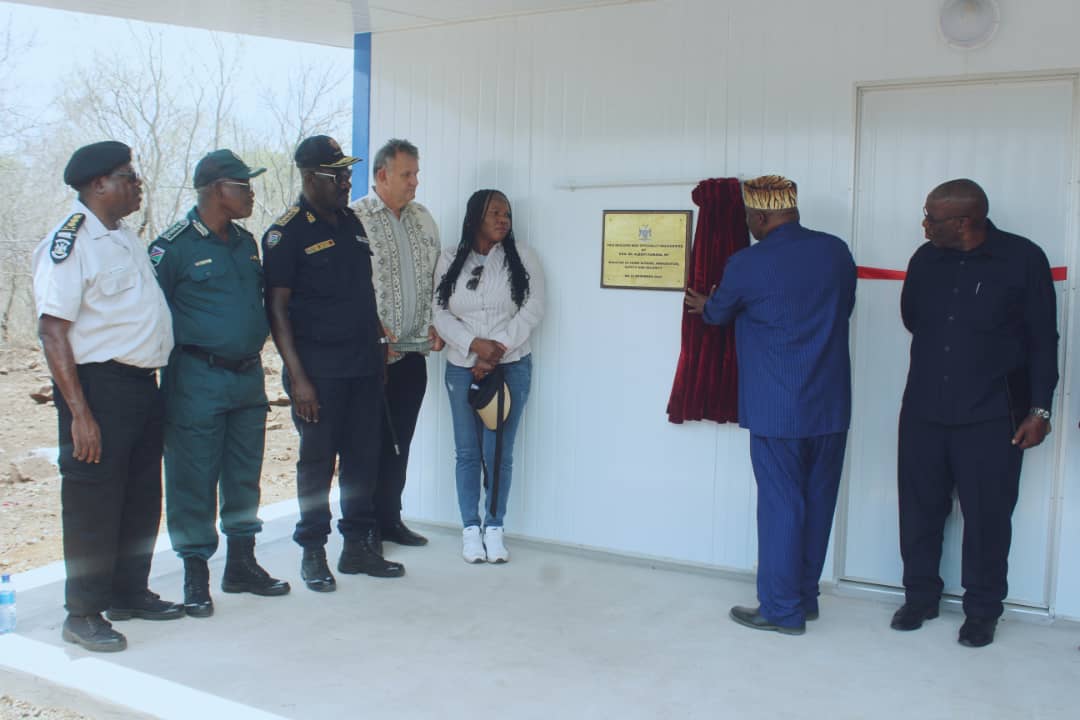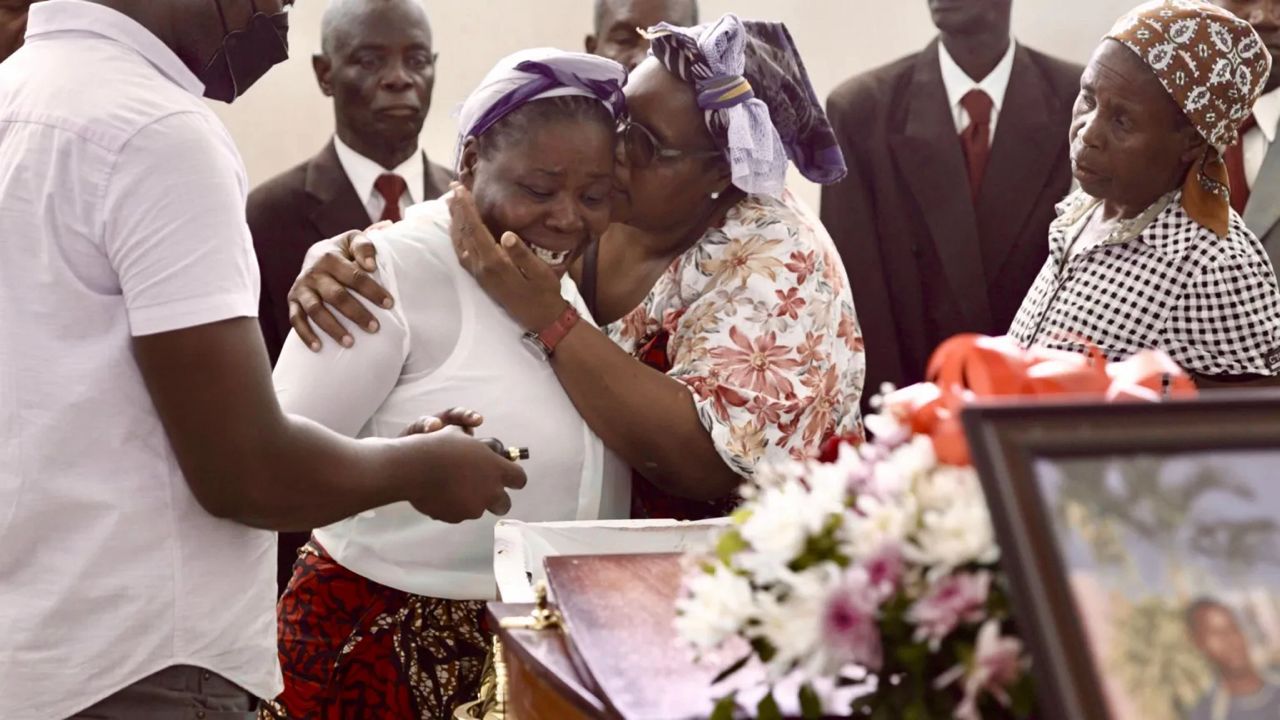The silly season is truly upon us when politicians give themselves the licence to sell mirages.
Barely a decade ago, the ruling class pushed for the creation of a new political region in the Kavango region with the promise that development will flow faster to that part of Namibia and help lift the masses out of poverty.
The term used to justify creating more political and government bureaucratic employment posts is “to bring services closer to the people”.
Over the past week a similar campaign has been underway.
Having increased Namibia’s regions to 14 in 2013 with Kavango West, leaders of Kavango East are now pushing the presidential-appointed Delimitation Demarcation Commission to split the region into two, with Rundu becoming the capital of Kavango Central and the town’s constituencies to increase to 20 from the current six.
“It [division into two regions and many constituencies] will enable effective participation in democratic processes, bring government services closer to the people through regional and constituency representation and enable timely, coordinated development through consultative regional development plans and strategies,” says Kavango East’s council chairperson Damian Maghambayi.
What the politicians fail to say is that regions and constituencies are first and foremost employment opportunities and guarantees for politicians and bureaucrats.
Tax funds will thus first be used to line the pockets of politicians, bureaucrats and their cronies before the leftovers (if any) trickle down to the ordinary people who really need services.
More new regions and constituencies created over the years have not resulted in better sanitation, more timely textbooks, health facilities or medicine for the masses who cannot afford them.
Turning Omuthiya into the regional capital of the Oshikoto region has not led to the development of the region.
If anything, even Omuthiya itself has struggled to grow into a decent town.
Throughout the country, it is mainly the newly created towns, settlements and constituencies that find it the most difficult to provide electricity, water and other basic services to their residents.
By comparison, the politicians who get elected as councillors and the bureaucrats running those regions end up being the ones living large while the masses suffer.
We urge the president and the delimitation commission to resist the temptation of carving up the country into yet smaller pieces with false promises of better services, when the reality has been the opposite for most since Namibia’s independence.
Service delivery has little to do with creating political and bureaucratic posts, it is about using state resources prudently for the benefit of the citizens.
Stay informed with The Namibian – your source for credible journalism. Get in-depth reporting and opinions for
only N$85 a month. Invest in journalism, invest in democracy –
Subscribe Now!


